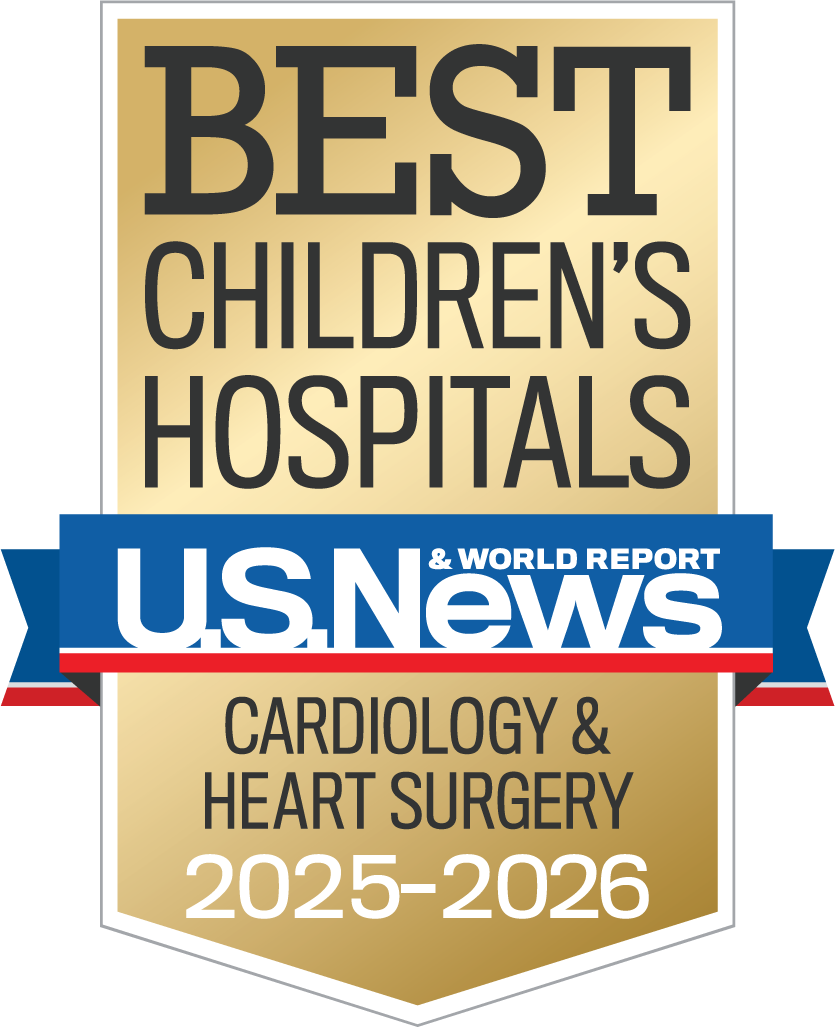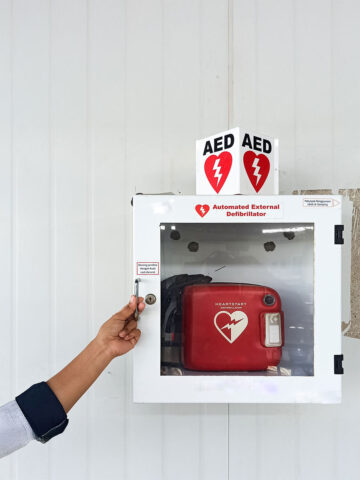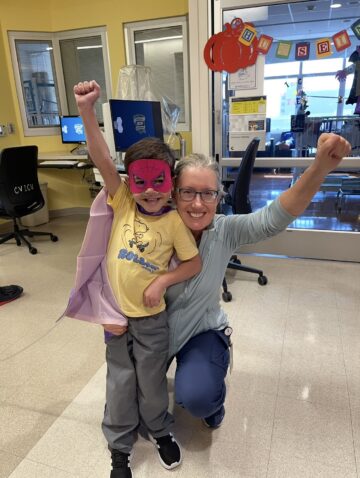Question: Sometimes I experience heart palpitations. I want more information on what exactly causes them and if I can do anything to reduce their frequency. At what point should I mention this to my doctor? –Anonymous
Answered by Dr. Anthony McCanta:
A heart palpitation is the feeling of your heart beating too fast, skipping a beat, or fluttering in your throat, chest or neck.
Palpitations, also known as irregular heartbeats, are most likely caused by non-heart-related triggers. Strenuous exercises as well as strong emotions of anxiety or stress, most common among the younger generation, are frequent causes. Consuming caffeine, nicotine, alcohol, certain herbal supplements, cold and cough medication, or asthma medication, which all contain stimulants, as well as illegal drugs such as cocaine are common triggers. Some people report having palpitations after certain heavy meals that contain large doses of carbohydrates, sugars or fat. Sometimes, eating foods with excessive amounts of sodium can bring them on as well. However, some palpitations are caused by actual medical conditions including cardiac arrhythmias, thyroid disease, anemia, low blood pressure, fevers, and dehydration. If palpitations ever occur with chest pain, exercise, or fainting, this could represent a cardiac arrhythmia, and you should notify a physician.

Changing your diet is another key factor in reducing heart irregularities. Cutting back on caffeine intake such as tea, coffee, sodas, and energy drinks can be quite effective. As a replacement, drink more water. Dehydration can lead to decreased blood pressure which triggers the body’s compensatory response of adrenaline which makes your heart race. Staying hydrated throughout the day can keep your heart rate normal.
If your heart is racing unexpectedly, there are also several things you can try at home to reduce your heart rate. Vagal maneuvers are ways to send anti-adrenaline signals to your heart and blood vessels. These maneuvers include “bearing down,” blowing through a straw, forceful coughing, and placing ice or cold water on your forehead or neck, among others. Sometimes even headstands accomplish the vagal maneuver! These actions stimulate the vagus nerve, which is the nerve that connects your brain to your heart and helps control the rate at which your heart beats. If these maneuvers make your palpitations stop abruptly, that is a good thing, but it also means that you are likely to have a primary cardiac arrhythmia, like supraventricular tachycardia which requires further evaluation and treatment. If palpitations continue despite vagal manuevers, contact your physician or seek medical care.
Palpitations are most likely harmless; however, it is important to know when it is time to see your doctor. When palpitations are accompanied by severe shortness of breath, fainting, chest pain or discomfort, or dizziness seek immediate medical attention. When your heart is beating too fast, it causes your blood pressure to drop which could potentially lead to fainting. Fainting due to low blood pressure can be a possible sign of a heart problem such as a cardiac arrhythmia, congenital heart disease or a heart valve defect. Palpitations accompanied by these other symptoms are also known to have been related to cardiac arrest, strokes, coronary artery disease, heart muscle problems and heart failure.
Here are some helpful questions to keep in mind before seeing your doctor:
- Is the onset abrupt or gradual?
- Check your pulse once your heart starts palpitating. Is your heart beating fast or slow? Is it beating at regular intervals or irregularly?
- During palpitations do you feel dizzy, short of breath, or experience chest pains?
- How often do your palpitations occur and for how long?
- What are you doing when they start? Exercise? Calm and relaxed?
Is there anything else unusual about when your palpitations start? Are you sick with fevers, vomiting or diarrhea? Have you consumed less water that day? Are there other stressful and/or unusual events occurring in your life?
Get more expert health advice delivered to your inbox monthly by subscribing to the KidsHealth newsletter here.

Learn more about CHOC’s Heart Institute
CHOC and UCLA Health together have been ranked among the top children’s hospitals in the nation for Cardiology & Heart Surgery by U.S. News & World Report.





